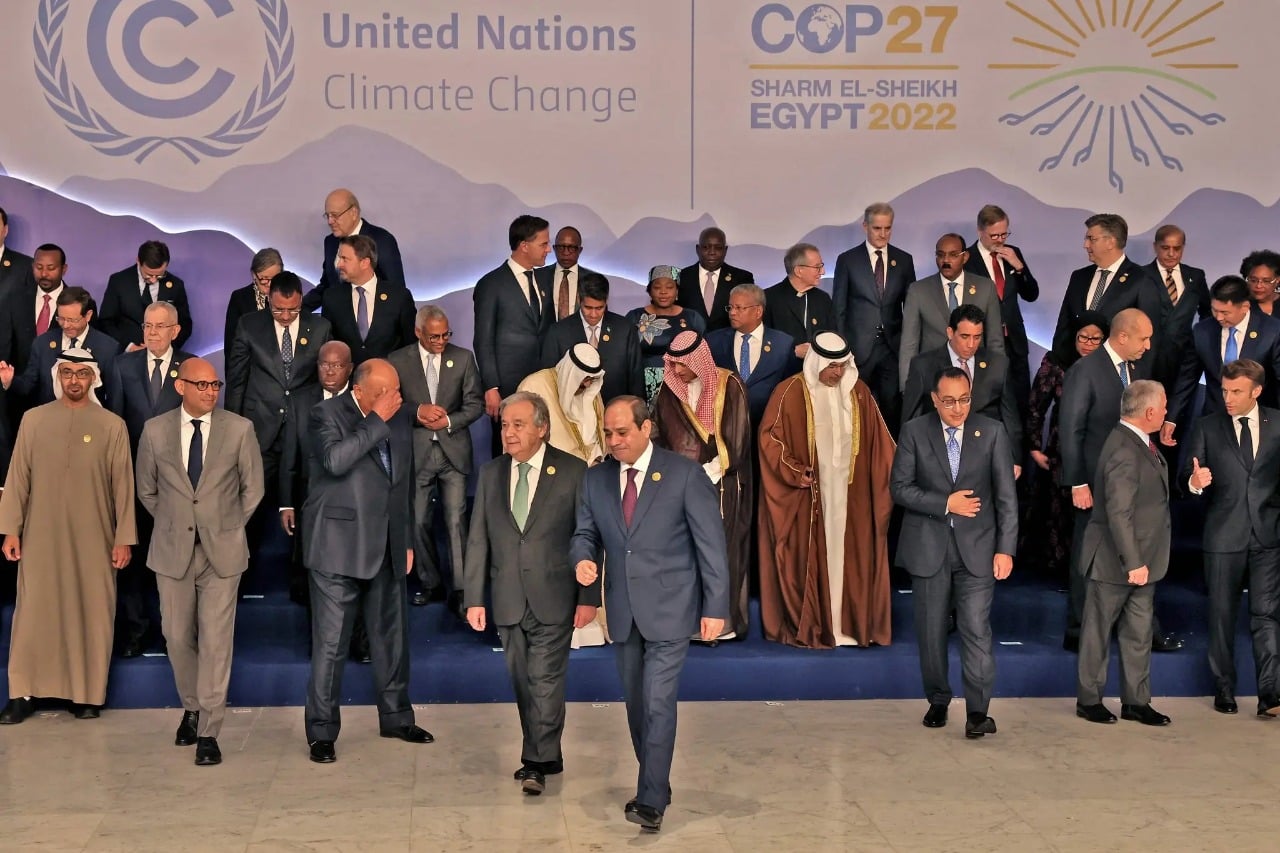Out of the 110 world leaders who showed up to discuss climate issues at the Climate change conference (COP27) in Sharm el-Sheikh, Egypt, only seven are women. This disproportionate representation was in stark contrast to the fact that women are most affected by the climate crisis.
Former Minister of Environment and Climate Change of Canada, Catherine McKenna thinks male leaders at COP27 should allow women to take their podium time.
In an op-ed for Scientific American, McKenna, along with climate researcher Amy Myers Jaffe, said, “This is especially critical as attendees discuss how the countries of the Global North, responsible for most of the world’s carbon output, should help the Global South deal with the effects of that pollution. The perspectives of women, whose voices are underrepresented in climate discussions, are instrumental to solving the climate crisis in a more just and equitable fashion and can contribute powerfully to our understanding of climate action across the globe.”
According to United Nations (UN) report, women and girls experience the greatest impacts of climate change, which amplifies existing gender inequalities and poses unique threats to their livelihoods, health, and safety.
Seventy per cent of the 1.3 billion people living in poverty are women. In urban areas, 40 per cent of the poorest households are headed by women. Women predominate in the world’s food production (50-80 per cent), but they own less than 10 per cent of the land.







